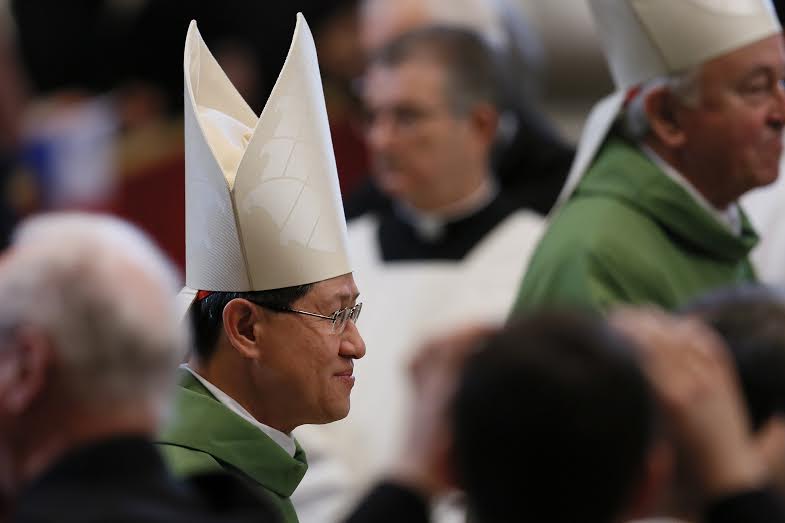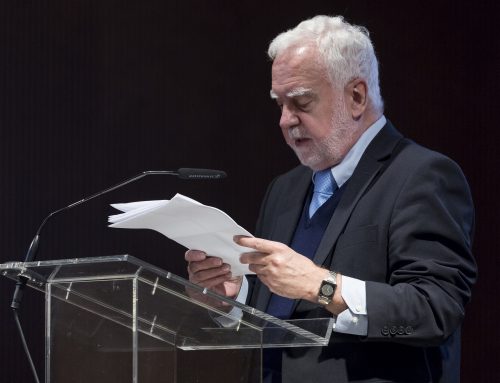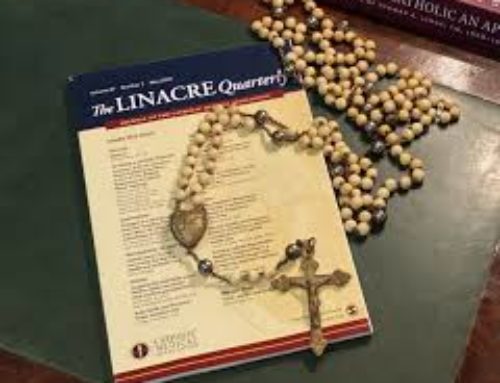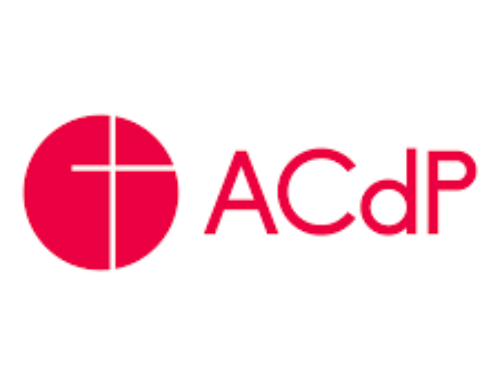MANILA, June 19, 2015—With the much-awaited release of Pope Francis’ “Laudato si, mi Signore” (Praise be to you, my Lord) the country’s chief prelate has warned people about the possibility of mistaking the document for a scientific treatise, stressing it is first and foremost a pastoral analysis based on the Church teaching and contemporary experiences.
Pastoral analysis
Addressing all people of goodwill, Manila Archbishop Luís Antonio G. Cardinal Tagle pointed out in a letter read publicly on his behalf by Fr. John Leydon at the Nuestra Señora de los Remedios Parish Church in Malate on Thursday, around the same time “Laudato Si” was made public in Rome, that the encyclical does not in any way pretend to resolve scientific questions related to the environment and climate change.
The title of Pope Francis’ latest encyclical is taken from Saint Francis of Assisi’s “Canticle of the Sun,” where the saint reflects on the Earth as a sister and mother. (Photo: Rochwald Figueroa)
He explained, “Rather it offers a pastoral analysis and appeal nurtured by the Bible the Catholic Social Teachings, the pronouncements to Popes, and a reading of the current ecological conditions we are facing.”
READ: Tagle wants even non-Christians to study new encyclical
Studying the encyclical
Noting the importance of “Laudato Si” in view of the environmental issues confronting mankind, the newly-elected president of Caritas Internationalis urged the faithful, especially those of the Archdiocese of Manila (RCAM), as well as various sectors and groups to “study, enrich, discuss, and meditate” on the various points raised by the first ever encyclical on the on the care of humanity’s common home, the earth.
READ: Pope Francis blasts abortion, population control in new encyclical
“With Pope Francis, I invite the faithful, the religious, and the clergy of RCAM, to study, enrich, discuss, and meditate on the various points of the encyclical. We call on non-Christians, families, educators, politicians, business people, experts in science and digital technology, media, consumer groups, non-government and peoples’ organizations to study the encyclical and its proposals,” said the prelate.
“I propose that we pay close attention to the following aspects of the Pope’s letter,” added Tagle. (Raymond A. Sebastián/CBCP News)









